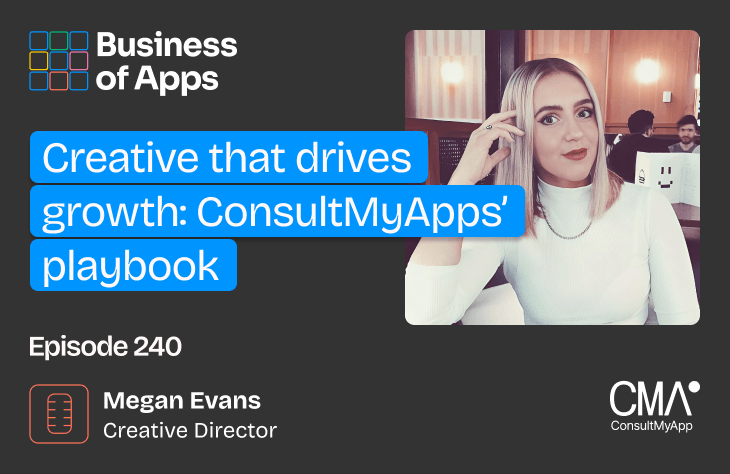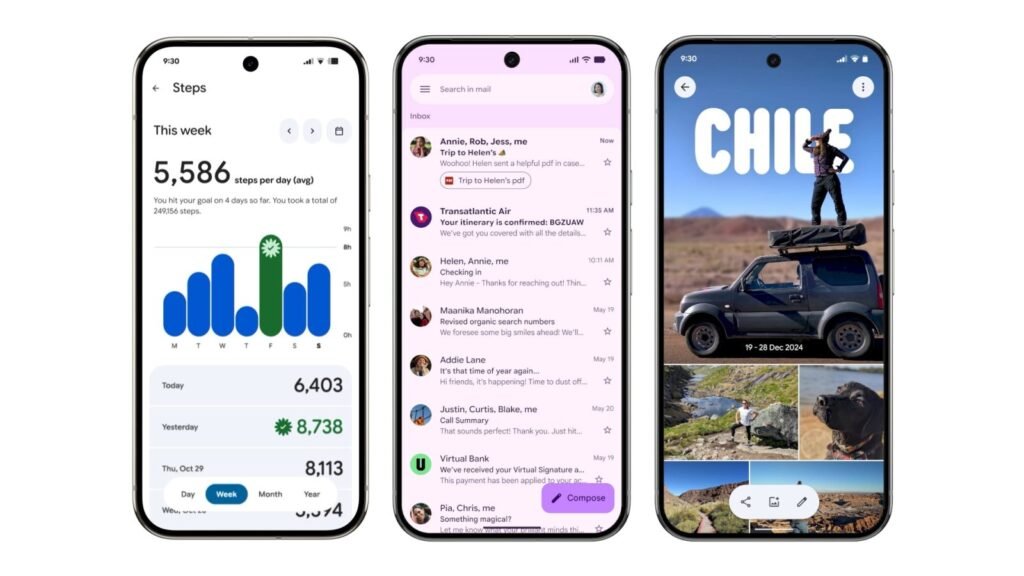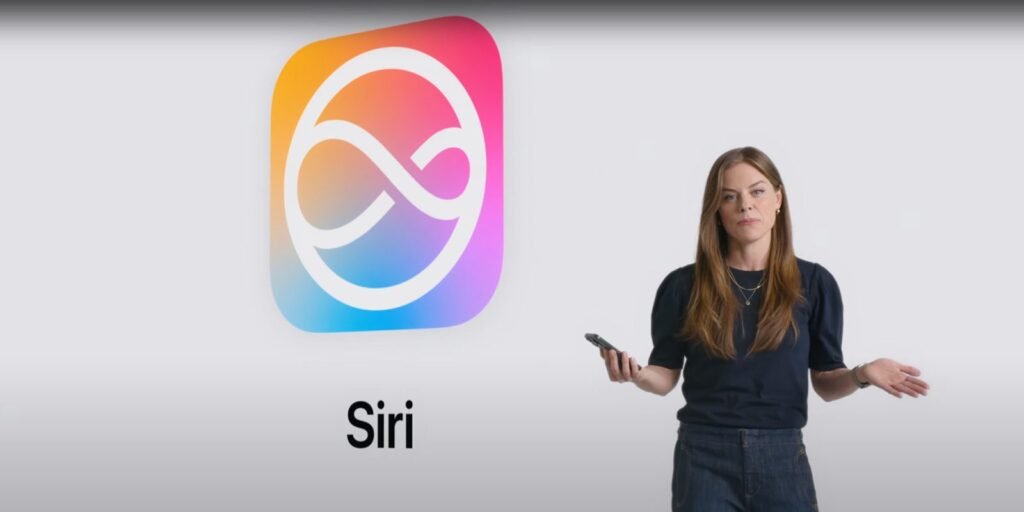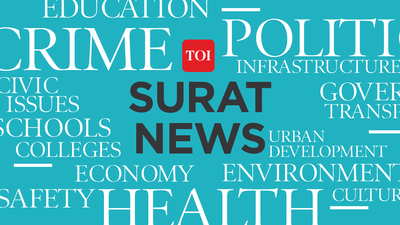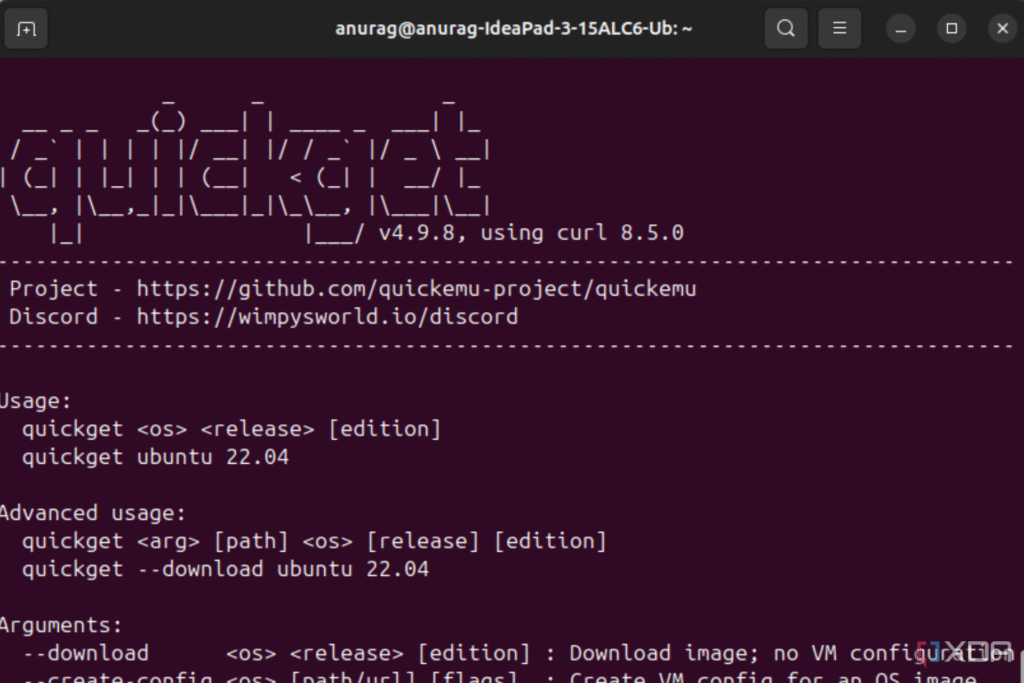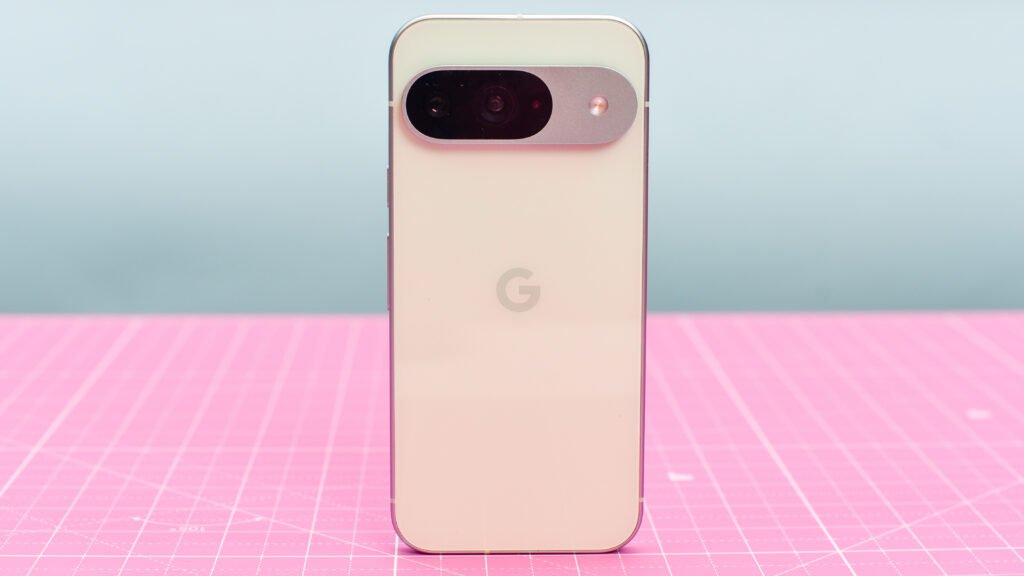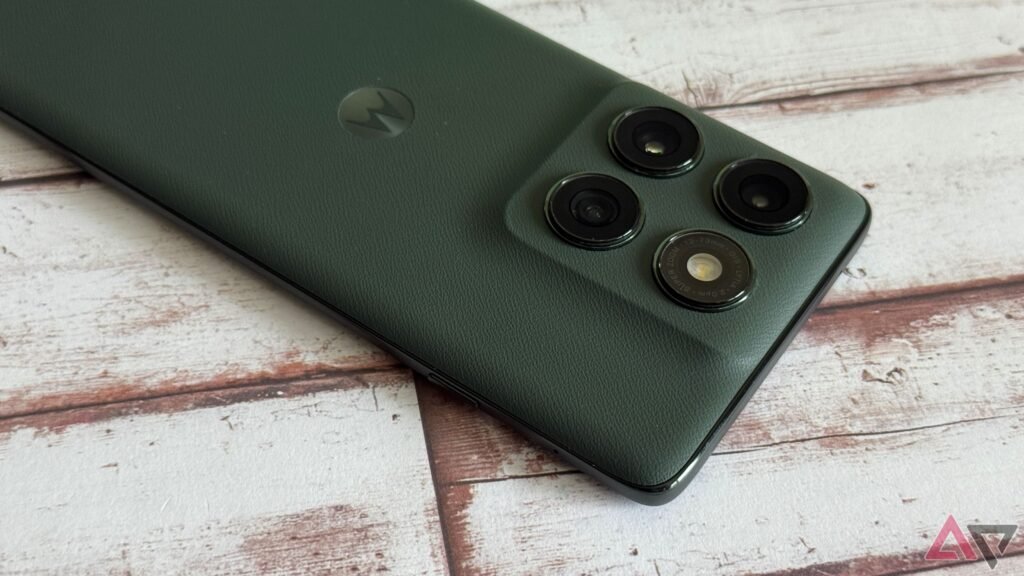We live in a reality where numerous apps freely collect our data. Whether it is for improving its algorithm or to make it function, our data is there for the taking.
Weather apps, for example, require location data to provide relevant forecasts for your area. As a result, you’re tracked constantly.
Some apps abuse this, collecting far more data than is necessary for the app to function. Some even sell this data to third parties.
Whether you’re using an Android tablet only to browse different apps lightly, your data isn’t always safe.
We compiled a list of popular apps that surprisingly collect an excessive amount of personal data and may be misusing your on-device permissions.
5
Google Chrome
It has a heavy reliance on user-tracking

Google Chrome (and many Google-related products) is notorious for tracking your activity.
The official reason Google collects your data is to enhance the user experience through personalized ads and recommendations. It does this through cookies and any data sent to Google Analytics.
The ideal solution is to switch to a more privacy-oriented web browser. My favorite browser is DuckDuckGo.
DuckDuckGo doesn’t build a profile based on your activity. It also doesn’t store your search history, like Google. The browser also blocks third-party trackers.


The main downside of using DuckDuckGo as your sole replacement for Google Chrome is the quality of its search results. Google Chrome is widely used and has a firm grip on its search engine.
Google’s search algorithm is constantly evolving and being refined, making it challenging for competitors to keep pace.
Still, I use DuckDuckGo to reduce my time on Google Chrome, as not everything is search-related, nor is looking something up like a recipe that is challenging to do (requiring detailed results).
When opting into Google Search on a web browser, you’re still feeding data that involves search queries and clicked results, as well as your interactions with ads.
4
Amazon Alexa
No longer the digital assistant that respects user privacy

Source: Lucas Gouveia/Android Police | Albert Garrido/Shutterstock
When I saw the headlines that “Amazon Alexa is always listening,” I thought it was a hyperbolic joke until I did some digging into it.
Amazon Alexa (on an Echo device) listens for their wake word. If triggered, Alexa then records your voice in case you’re issuing a command.
Outside the usual device usage, location, and personal information tracking, one of the biggest privacy changes with Alexa we saw this year is that it is no longer possible to opt out of sending your recordings to the cloud.
This means that local processing of your recordings is no longer an option. Instead, you must send all your recordings directly to Amazon to train its digital assistant.
It dampens the excitement of having a home AI assistant when paired with Echo speakers, since you’re likely to worry about who at Amazon is listening in and what details you’ve accidentally shared.
Unfortunately, Siri and Google are unlikely to be the perfect replacements.
However, if you’re willing to try open source software for home automation with more local control, Home Assistant has been gaining popularity for respecting user privacy.
3
Facebook
Its extensive data-collection practices are too much

Google’s rival for collecting your personal data is none other than Meta. The amount of data being collected and tracked is high.
Unfortunately, recommending an alternative to Facebook can be challenging (especially if you already have personal connections established).
The unspoken truth is that you’re unlikely to move off the platform unless your friends and family also do the same.
On the other hand, you can change how you contact and interact with your friends — at least that’s what I do. I rarely use Facebook because I’m concerned about Meta’s data collection policies.
When I downloaded a copy of my data, I was disturbed by what I found. The copy included my chat history, all my interactions (including anything I liked, followed, and shared), events I attended, groups I joined, and all the details on my profile, along with my browsing history.
After seeing the exported HTML/JSON file of my Facebook account, I couldn’t stomach the amount of detail kept in one place, so I stopped using Facebook to share aspects of my life.
Instead, I opted into different social apps and started using Google and Samsung Messages to share pictures and videos. I then opted into Discord, WhatsApp (heavy limitations), Slack, and LinkedIn to stay in touch with friends, family, and co-workers.
No social media app is safe. Most collect a lot of personal data. For example, LinkedIn isn’t far down the list in terms of how much data is being tracked.
Instagram also has a similar issue to Facebook. Since Meta owns both platforms, they follow the same policy.
I’ve managed to avoid Instagram for most of the year, as I discovered I never needed to use it outside of connecting to brands.
When I need visual stimulation, my favorite platform for browsing is Pinterest (this is another app that collects your data for targeted ads), which also supports the Do Not Track privacy preference in web browsers and doesn’t require an account to use (it has limitations).
2
Uber Eats
Your data is being shared

Source: Uber
Uber Eats is a strange one to include on this list.
Although it is apparent that the app and services require tracking your location to function, they still employ questionable practices.
For example, while you’re not actively using the app, Uber Eats can still gain full-time access to your location data while in the background. Additionally, Uber Eats collects purchase history and data on in-app interactions.
All this is for targeted advertising, personalized user experiences (within the app), and internal marketing.
It has also been shown that Uber Eats shares a high percentage of its data with third parties, citing a range of 30% to 50% (depending on the platform used).
While we may be feeling hungry, the Uber Eats app is even more starved for our data.
You can still continue to use the service without the app. Uninstall the app and use the web browser instead.
If you’re still looking for food delivery app alternatives, note that no app will be kind to your data, even if they are transparent about it.
1
TikTok
User engagement comes at a price

Jules Wang / AP
The TikTok app collecting your data shouldn’t come as a surprise.
Several countries have been involved with ByteDance (the parent company of TikTok), deciding whether to ban the app outright or heavily restrict its usage.
The US ban has been repeatedly postponed, following a brief (one-day) outage earlier this year. The official reason is that TikTok poses a threat to national security because “Chinese authorities might access its vast trove of user data.”
As a result, ByteDance has been under pressure to sell the app (to a US-based entity) to continue its services in the US.
Rumors are circulating that TikTok is developing an entirely new app specifically for the US, potentially avoiding the sale altogether.
The new app will transfer and duplicate “the application’s codebase — including AI models, algorithms, features, and user data — from the global platform” (according to Reuters).
The new US TikTok app is expected to use only data from US users to train its recommendation algorithms as a way to isolate itself from the current global systems.
Even if the move seems to align with the government’s interests, the bottom line is that for this platform to continue its operations, it still needs to track and collect your data.
TikTok collects your location data, usage, and even device information. TikTok also tracks all your interactions, generated content, and account information.
It does all this to improve its services, mainly to personalize the app experience.
But TikTok’s main competitors (YouTube Shorts, Instagram Reels, Snapchat Spotlight) all fall under the same umbrella: They need to collect information to function properly. Otherwise, you won’t receive recommendations based on your preferences.
My recommendation is not to rely (solely) on one platform for short-form content. Instead, I mix it up by using different apps. For example, if I am on YouTube, I’ll check out Shorts, or if I’m on Snapchat, I spend time on Spotlight.
I don’t spend an excessive amount of time on one platform.
Another TikTok alternative to check out is Clapper. The app has restrictions behind paywalls and age limits (you need to be 17 or older to use it).
Thanks to Clapper’s restrictions, it also provides a good way to access curated, higher-quality content that doesn’t heavily rely on an algorithm (it also has no ads) for visibility (it uses an equal opportunity approach).
Focus on privacy-related practices
It is hard to find a squeaky-clean app that doesn’t track you. Instead, I recommend finding privacy-focused settings that can help you reduce the amount of data that’s collected.
For Google-related products, I opt out of receiving personalized ad recommendations, use features like incognito mode, and delete my browsing and watch history. Sometimes, on other websites, I avoid signing in to an account (unless I’m forced to).
All in all, I find it challenging to find a replacement for my Google apps, so I’ve begun creating separate sub-accounts and splitting my time and interests between them — anything to prevent keeping my data collected in one place.

